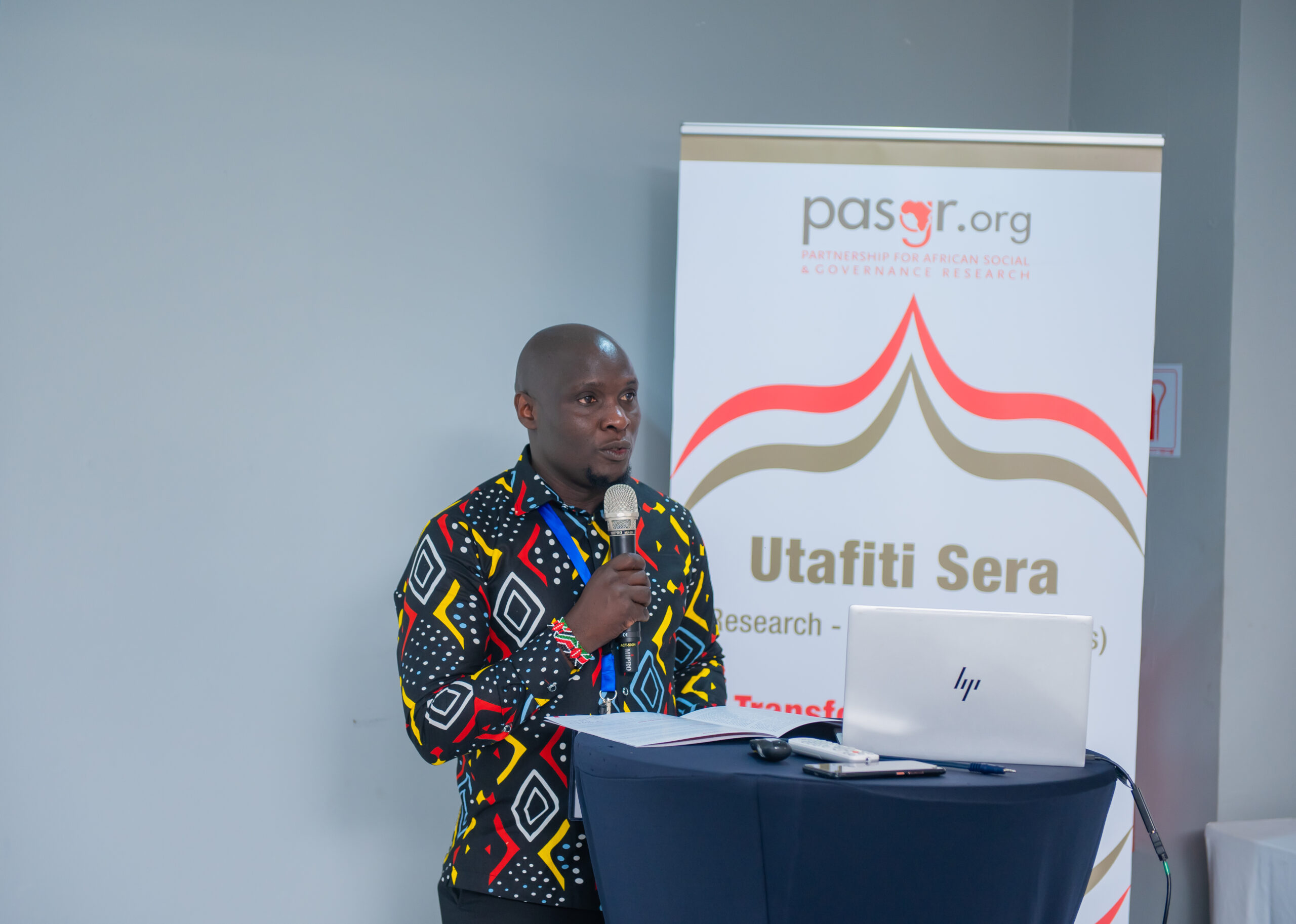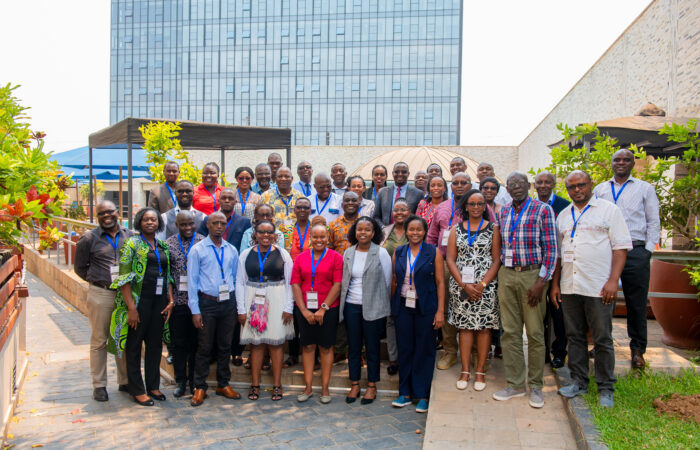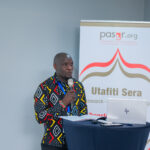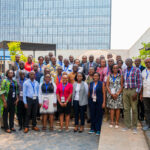Published on 15 February 2021
In recent times, Northern Nigeria has experienced extensive conflict, and Southern Nigeria outperforms the north in terms of women’s education, participation in paid employment and control of earnings. Given these factors, conventional wisdom among policy actors and researchers would predict that women in Southern Nigeria should have considerably higher rates of political participation than those in Northern Nigeria. However, digging deeper into the available data on political participation, the paper suggests that factors such as education and employment do not predict the dimensions of women’s political participation or can predict the unexpected. The paper concludes that policymakers may need to look beyond these conventional factors when supporting programmes on women’s political participation in Nigeria.
Cite this Publication
Oladapo, O.A.; Atela, M. and Agbalajobi, D.T. (2021) Women’s Political Participation and its Predictors in Northern and Southern Nigeria, IDS Working Paper 548, Brighton: Institute of Development Studies, DOI: 10.19088/IDS.2021.023





